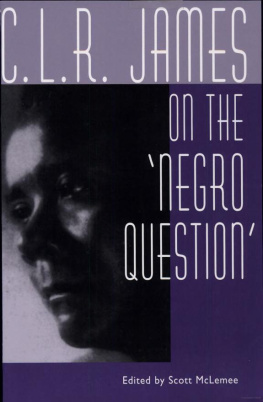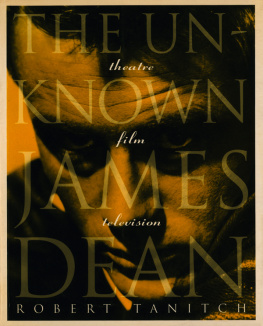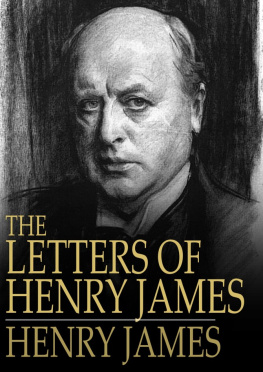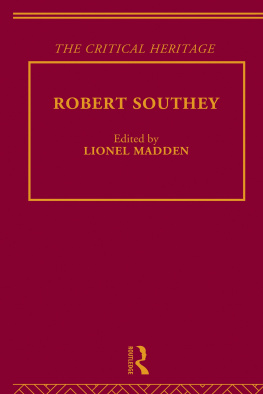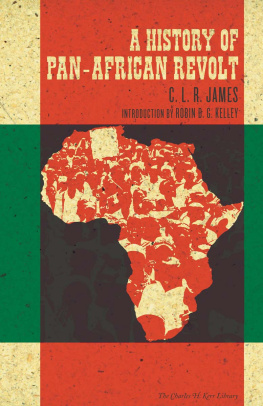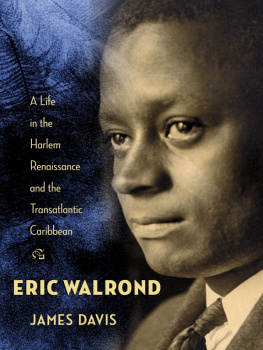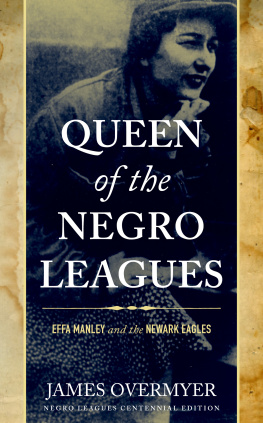| was between the rising American bourgeoisie and a foreign enemy. The bourgeoisie needs little prodding to undertake its task. By 1830 the conflict was between two sections of the ruling class based on different economies but tied together by powerful economic links. Therefore, one outstanding feature of the new conflict is the determination of the Northern bourgeois to make every concession and every sacrifice to prevent the precipitation of the break. They will not lead. Theywillhavetobeforcedtolead. The first standard-bearers of the struggle are the petty-bourgeois democracy, organized in the Abolition movement, stimulated and sustained by the independent mass action of the Negro people. |
| The Petty Bourgeoisie and the Negroes |
| The petty bourgeoisie, having the rights of universal suffrage, had entered upon a period of agitation which has been well summarized in the title of a modern volume: TheRiseoftheCommonMan. Lacking the economic demands of an organized proletariat, this agitation found vent in ever-increasing waves of humanitarianism and enthusiasm for social progress. Women's rights, temperance reform, public education, abolition of privilege, universal peace, the brotherhood of manmiddle class intellectual America was in ferment. And to this pulsating movement the rebellious Negroes brought the struggle for the abolition of slavery. The agreement among historians is general that all these diverse trends were finally dominated by the Abolition movement. |
| The Negro struggle for Abolition follows a pattern not dissimilar to the movement for emancipation before 1776. There are, first of all, the same continuous revolts among the masses of the slaves themselves which marked the pre-1776 period. In the decade 1820-30 devoted white men begin the publication of periodicals which preach Abolition on principled grounds. The chief of these was Benjamin Lundy. No sooner does Lundy give the signal than the free Negroes take it up and become the driving force of the movement. |
| Garrison, directly inspired by Lundy, began early, in 1831. But before that, Negro Abolitionists, not only in speeches and meetings, but in books, periodicals, and pamphlets, posed the question squarely before the crusading petty bourgeois democracy. Freedom'sJournal was published in New York City by two Negroes as early as 1827. David Walker's Appeal, published in 1829, created a sensation. It was a direct call for revolution. Free Negroes organized conventions and mass meetings. And before the movement was |
|

